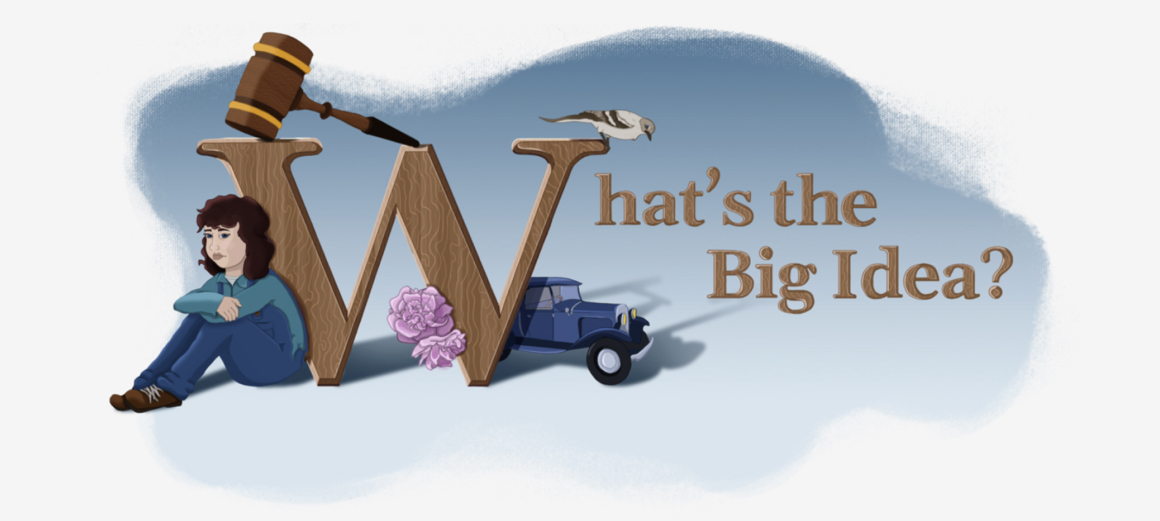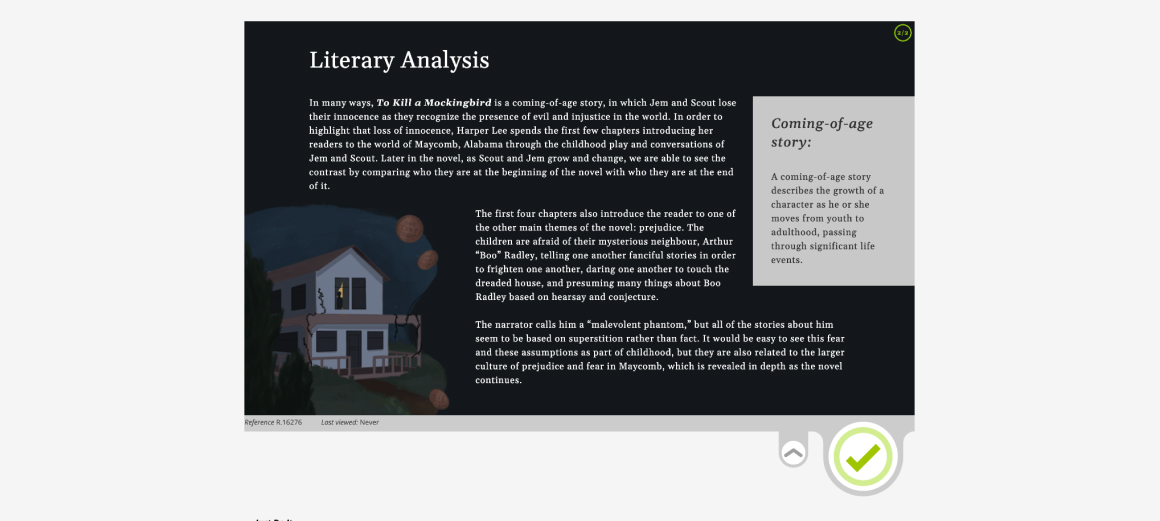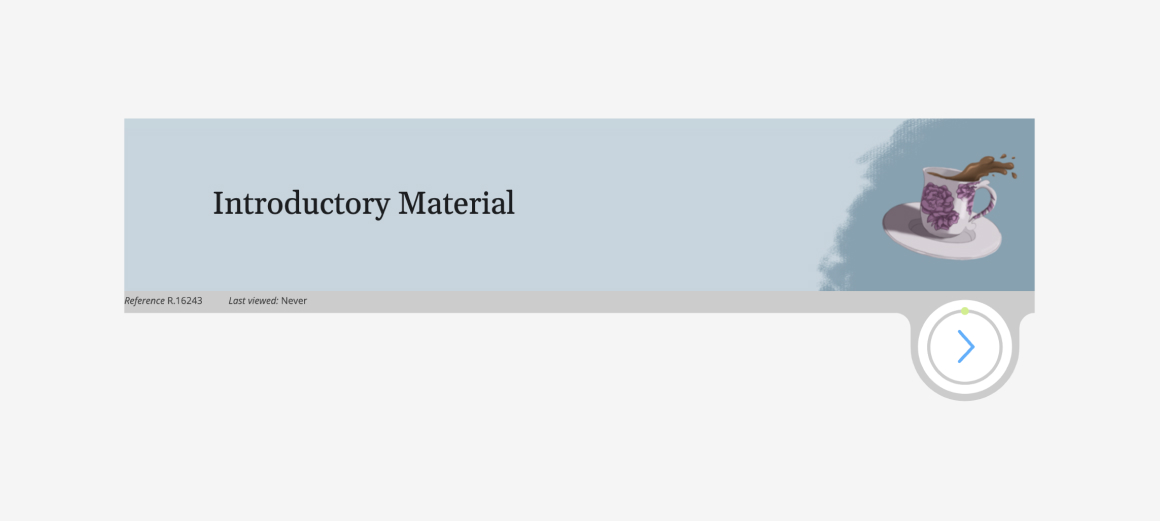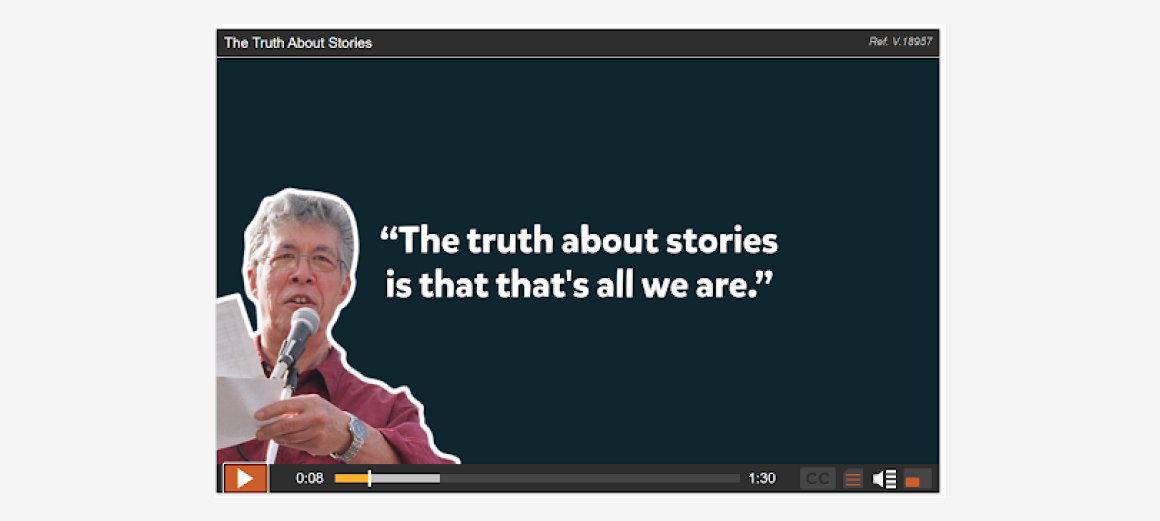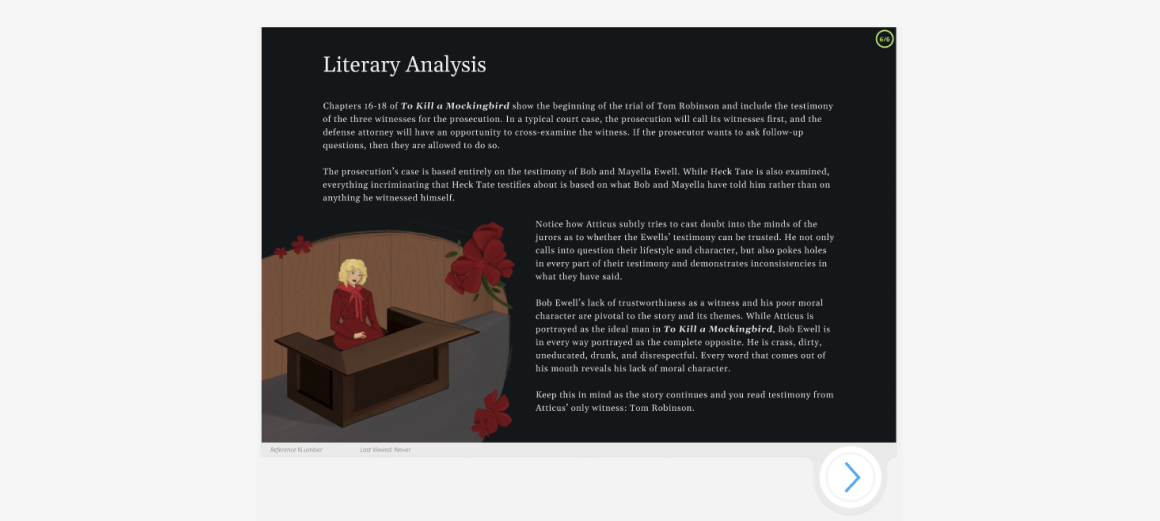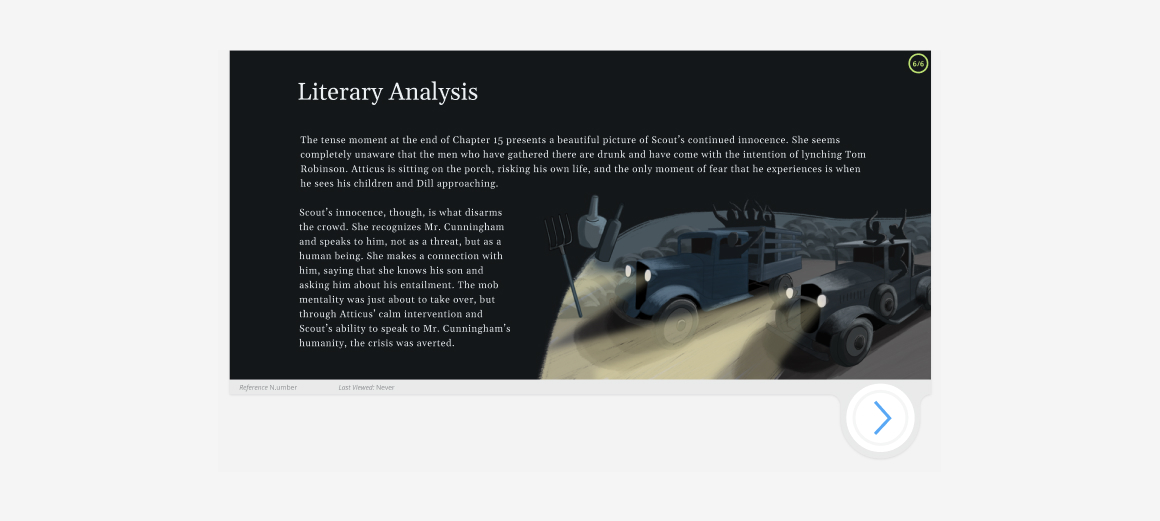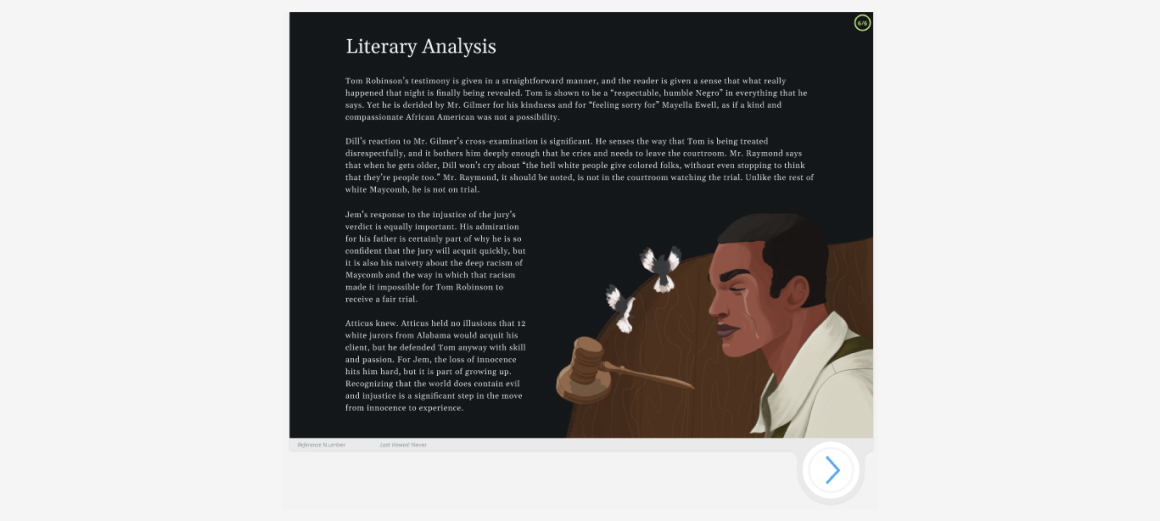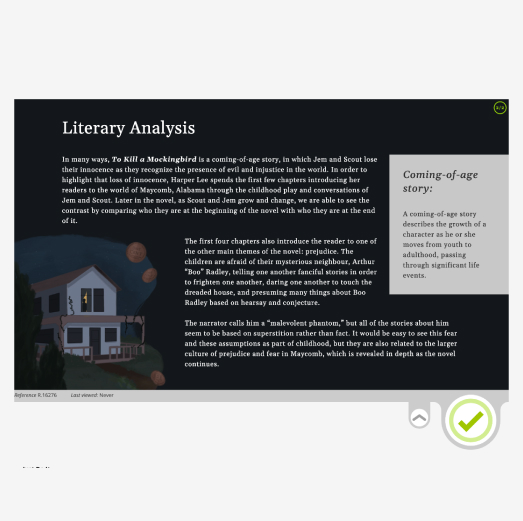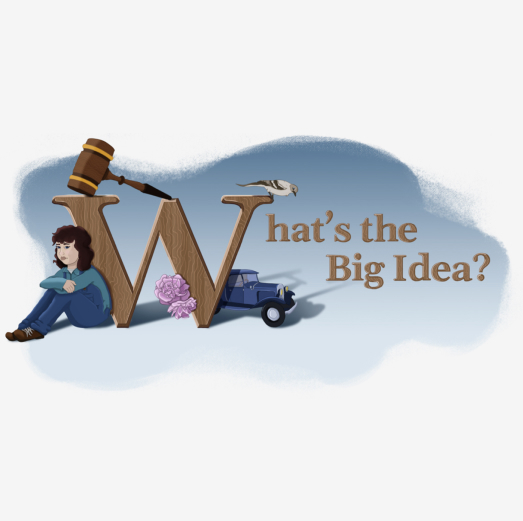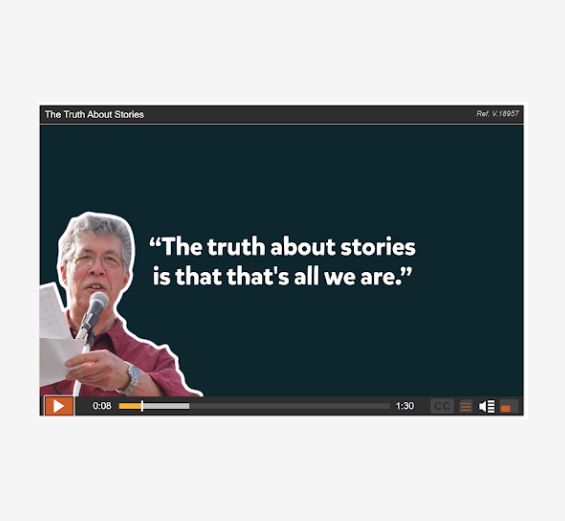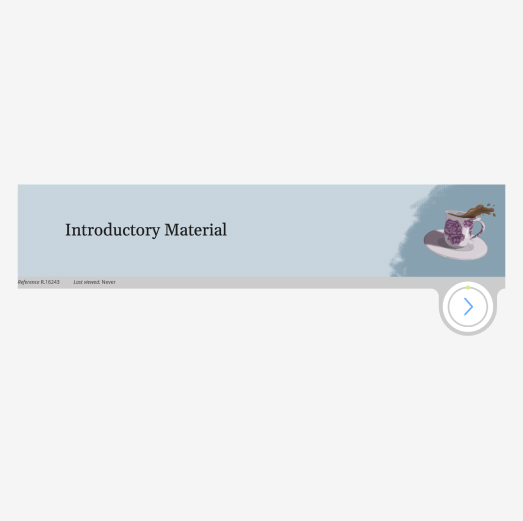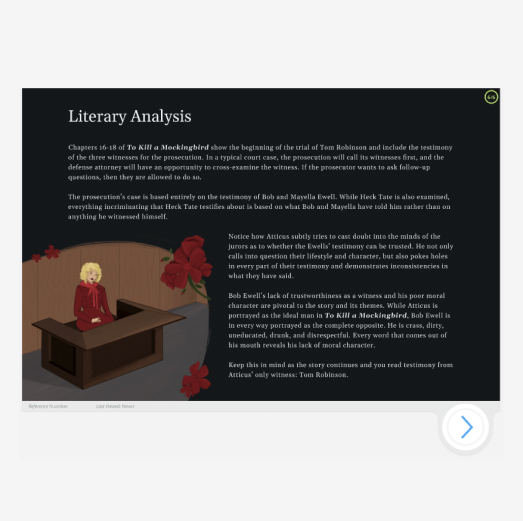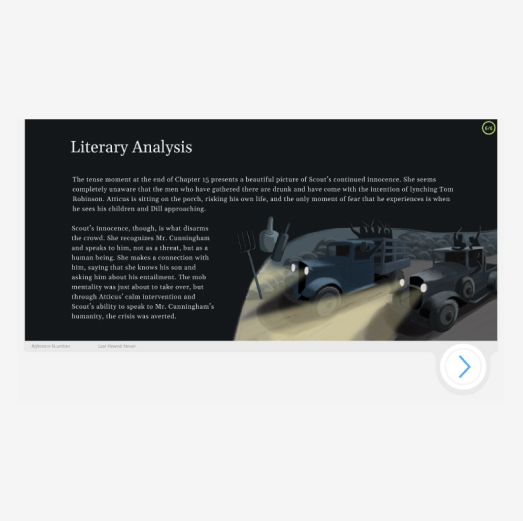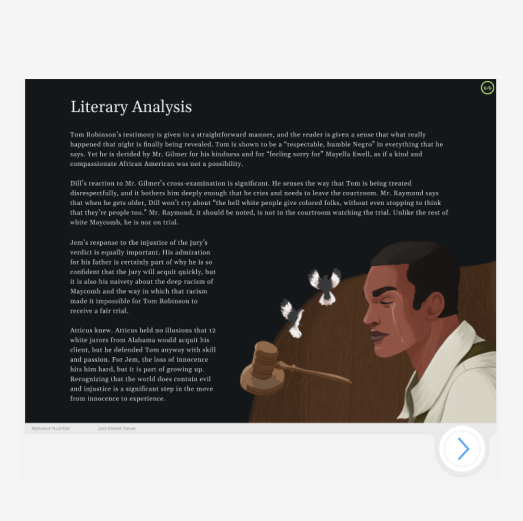Composition and
Literary Studies 10
Can words be a means by which the world can become a better place? English 10 answers that question with a resounding, “Yes,” emphasizing the power of the words to promote justice and highlight the value of human life.
An important question needs to be asked, though: What is justice? When many people hear the word justice, the first thing they think of is Lady Justice, fairly weighing the guilt or innocence of a person, then dishing out just consequences to match the crime. This is sometimes called criminal justice or punitive justice. Another type of justice is known as restorative justice, where the goal is to mend what was broken, restore what was lost, and heal what was harmed. Restorative justice seeks to make wrong things right and to make enemies into friends.
At the heart of both the punitive idea of justice and the restorative idea of justice is the belief that there are things in the world that are broken and crooked and incomplete, and when things are wrong, something needs to be done about it. At the heart of that belief is the belief that human beings are valuable, and that is why they must be treated rightly and justly.
This is what English 10 is all about. What is true justice? What is the value of human life? And, how can literature and writing and speeches be part of making things in the world more whole, more complete, and more just? How can words be used to make wrong things right?
In this course, students will dive into classic literature like To Kill a Mockingbird and The Merchant of Venice, examining the universal themes while wrestling with these works’ imperfections. They will also study a wide variety of other texts, including songs, speeches, poems, and short stories. The voices of Indigenous authors take centre stage in one unit. Students will also hone their own writing skills, developing their ability to positively influence others through their own words, so that they too, might use their words to make the world a more just place.
English 10 fully integrates two two-credit courses, Literary Studies 10 and Composition 10, meeting all curricular goals for both courses. Separate two-credit courses are also available.
The StudyForge Difference
English 10 has dozens of engaging animated videos that teach complex topics in a simple way. Guiding questions and reflection questions allow students to go deep into important literary and thematic topics. The essay-writing craft receives special attention, breaking down the process into achievable steps. Each step in the essay-writing process has its own video and sample text, giving students the support they need to develop this vital skill. Beautiful original illustrations enhance the course text, enhancing student enjoyment and comprehension.
Table of Contents
Lesson 1: Getting Started
Lesson 2: Introduction to Course Themes
Lesson 1: “I Have a Dream”
Lesson 2: Langston Hughes
Lesson 3: Images of War
Lesson 4: “The Lady, or the Tiger?”
Lesson 5: “Just Lather, That’s All”
Lesson 6: Theme Song Project: Poetic Devices
Lesson 7: Theme Song Project: Theme Paragraph
Lesson 8: Theme Song Project: Editing
Lesson 9: Theme Song Project: Final Touches
Lesson 2: To Kill a Mockingbird Chapters 1-4
Lesson 3: To Kill a Mockingbird Chapters 5-8
Lesson 4: To Kill a Mockingbird Chapters 9-11
Lesson 5: To Kill a Mockingbird Chapters 12-15
Lesson 6: To Kill a Mockingbird Chapters 16-18
Lesson 7: To Kill a Mockingbird Chapters 19-22
Lesson 8: To Kill a Mockingbird Chapters 23-26
Lesson 9: To Kill a Mockingbird Chapters 27-31
Lesson 10: Essay Topic Selection
Lesson 11: Outlines, Thesis Statements, and Topic Sentences
Lesson 12: Introductory, Body, and Concluding Paragraphs
Lesson 13: Revising and Editing
Lesson 2: The Merchant of Venice, Act 1
Lesson 3: The Merchant of Venice, Act 2
Lesson 4: The Merchant of Venice, Act 3
Lesson 5: The Merchant of Venice, Act 4
Lesson 6: The Merchant of Venice, Act 5
Lesson 7: Cultural Prejudice in The Merchant of Venice
Lesson 8: The Merchant of Venice Performance
Lesson 2: World War II Novel, Part 1
Lesson 3: World War II Novel, Part 2
Lesson 4: World War II Novel, Part 3
Lesson 5: World War II Novel, Part 4
Lesson 6: World War II Novel, Part 5
Lesson 7: World War II Book Review
Lesson 2: First Peoples Poetry
Lesson 3: “Where the Borg Are”
Lesson 4: “A Short History of Indians in Canada”
Lesson 5: Themes in First Peoples Literature
Lesson 6: Reconciliation
Lesson 2: Introduction to Nonfiction Genres
Lesson 3: Factual News Articles
Lesson 4: Editorial News Articles
Lesson 5: Satire News Articles
Lesson 6: Profile Articles
Lesson 7: Blog Articles
Lesson 8: Revising and Editing Articles
Lesson 9: Formatting and Publishing Final Product
Experience a lesson as your students would
Course Features
- Student get step-by-step guidance on complex writing tasks like writing essays
- Formative feedback built directly into the course structure
- Highly engaging and humorous instructional videos
- Accessible for students with diverse learning needs
- Games and quizzes to review vocabulary and other objective content
- Indigenous perspectives and stories are woven into the fabric of the course
